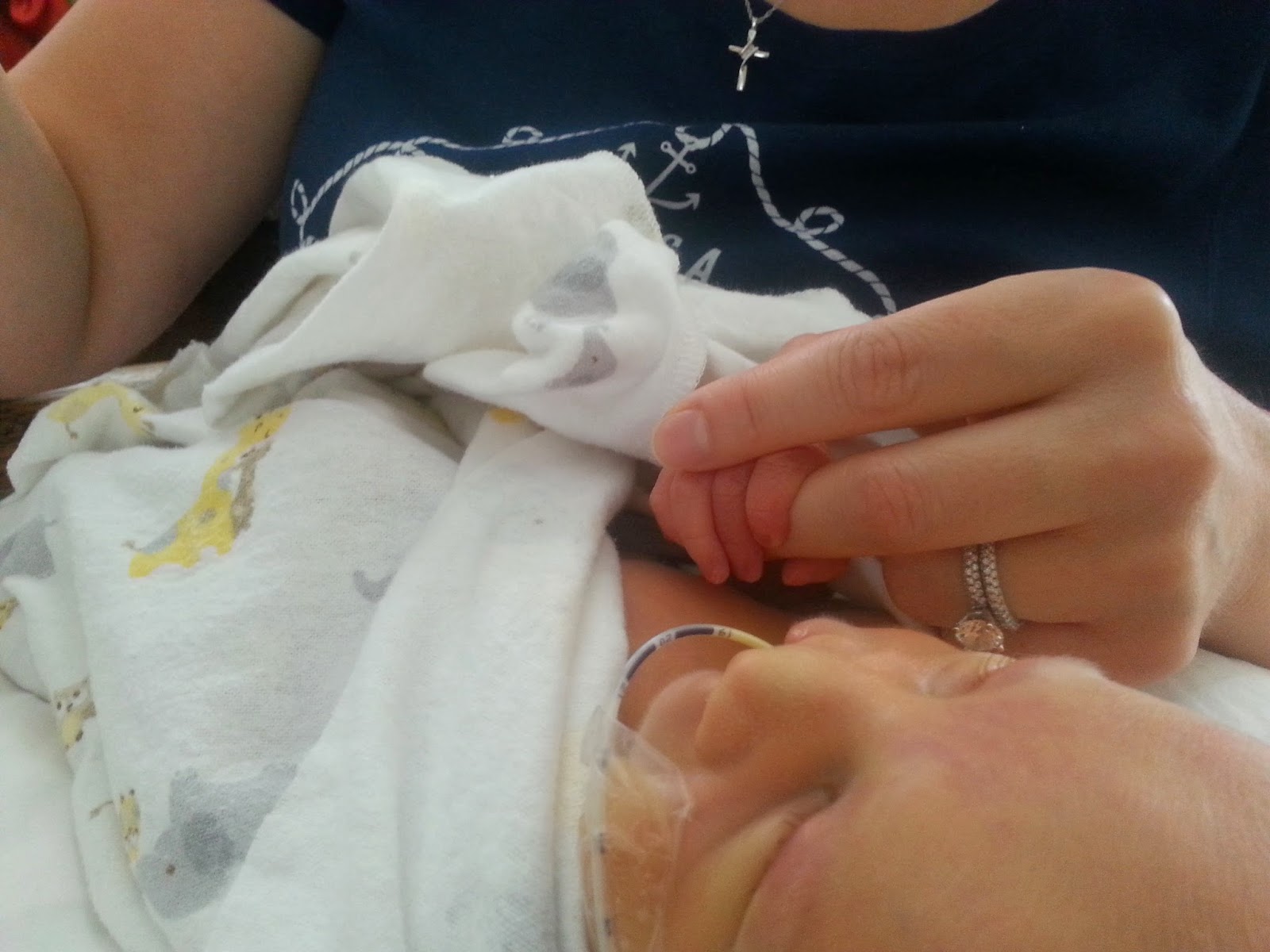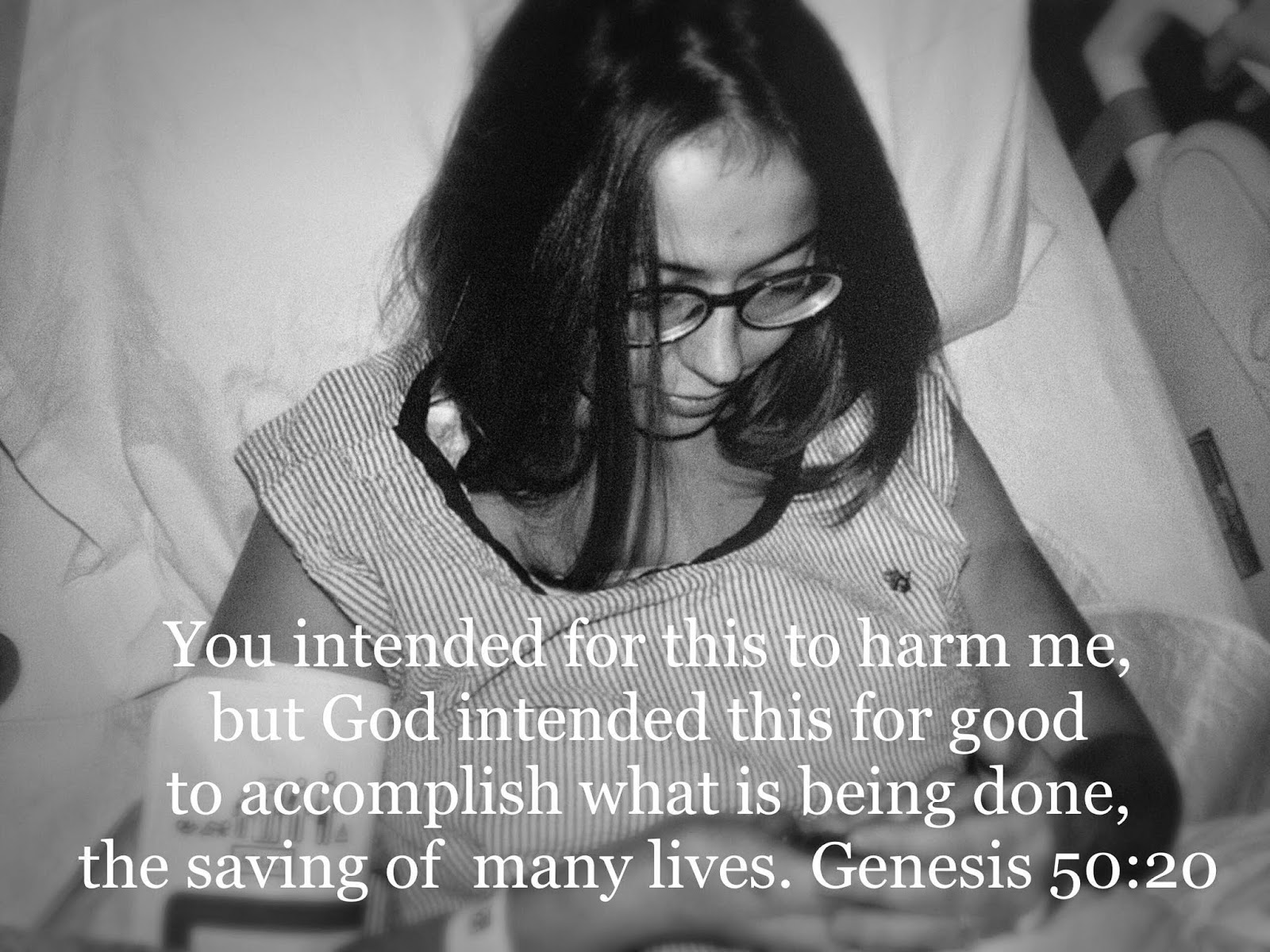On stewardship
“Begin with the end in mind,” is a famous notion brought on
by Stephen Covey in the “The 7 Habits of Highly Effective People.”
Let’s fast forward to your retirement party. Or if you want to get even more serious, your
funeral. At the memorial, there will be
time for an open mic where dear friends, co-workers and family members will be
compelled to get up and to say a few words about how you lived your life. What do you want them to say?
When I imagine other people describing me at my funeral,
here are a few words that are top of mind for me that I hope they say:
- Servant
- Leader
- Openly lived his faith in Christ
- Put Amy and his marriage first
- Loved his children deeply
- Encouraged others with his words
- Entrepreneurial
- Gave money and time generously
- Discipled other leaders
- Never stopped evolving and learning
I could go on about what I hope people will say about me.
Trust me, this is not necessarily what I think people actually will say. This list is much more ambitious and
idealistic than it is a factual description about me. But that is what the exercise is about – to
get your mind thinking about the end – in a hopeful way. Doing this will draw you to the intersection
between what you value, and what the
community around you values. If you perform this exercise, take notice of
the things you don’t write down. You won’t see:
- Had an an amazing wardrobe
- Prioritized work over relationships
- Raised quiet and compliant children
- Kept to him/herself and didn’t ask for help
- Strictly dieted all the time making dinner parties and restaurants a challenge
- Created epic Instagram posts
- Loved spending time staring at his/her iPhone
- Constantly schooled others on essential oils and the "natural path"
Things on this list are what many of us actually prioritize
and spend a lot of time either talking about or doing, but we won’t actually care for people to recognize us for
them on our deathbed. Let’s take it a
little bit more extreme. What if your
eulogy had to be written only about yesterday?
What would be written if one average day had to be used to describe your
life? Mine would be something like this:
He battled with his cell phone, trying to slyly use it while
not totally ignoring his family. He
thought often about the things he wasn’t doing – at work, around the house, for
his wife, with his kids – even though he seemed actively engaged in something
all day long. There was a constant
mixture of guilt and discontentment because he was asking, “Should I be doing
something better?” “What’s the next best thing I could do?” Although he starts
the day with Bible reading, his time devoted to prayer is brief. He loved interacting with people all day
long, but hated the disruption it brings to his schedule. He clearly wasn’t the master of his own
calendar – other people were. In the
evening, there was some brief time to enjoy playing with his kids, but most of
the time was dedicated to helping his wife, life-coaching the kids and getting
everyone ready for bed. There was
feigning interest in TV watching before falling asleep 10-minutes after a show
started. Little time was devoted to
managing personal finances. Little time
was devoted to knowing his wife better. Self-care
(exercise, reading, solitude/meditation) was non-existent.
Now, I know that’s extreme.
And I took a somewhat negative (but realistic) approach to what an
average day in my life might look like if my eulogy had to be based on it. What I didn’t say is that I truly focus most
of my day on serving others. I do try to
use words of encouragement as much as I can.
I don’t entirely squander my time with Amy or our children. But this exercise begs the question, “What
does your day say about you?” Thinking
of a one-day eulogy could help you take a hard look at where your priorities
lie.
Now imagine regrets.
Do you think you will say any of the following on your deathbed? I wish
I had worked more. I wish I would have
accumulated nicer stuff. I wish I could
have finished that last season of Game of Thrones. I wish would have spent less time playing on
the floor with my kids and more time wiping down the kitchen counter-tops. I wish my lawn and landscaping would have
been more pristine. I wish I would have
devoted every night of the week to my kids’ activities (sports, clubs, etc.)
rather than ever having a date night with my spouse. I wish I would have vacationed less!
No, you won’t say these things. In fact, in most cases you are likely to wish
the exact opposite if you have any regrets during your last days.
If any of this is registering with you, then you have a
stewardship mentality. Whether you have
actively thought about this or not, there is a belief deeply-rooted in your
heart that you have a responsibility to manage your gifts well. You have been entrusted to care for
everything you have – your life, your career, your family, your material
possessions, your relationships, your skills and your spiritual gifts – and believing
this puts you in a debt of gratitude. Believing
this requires that you prioritize self care.
Self care. This is
something I’ve been grappling with a lot lately. I believe that a God that loves me has
audaciously gifted my life, and everything in it, to me. I can’t steward my gifts well if I’m not
taking care of myself. I must cultivate
character and reputation well. I must
take care of my body by staying physically active and staying careful with my
diet. I need rest – not just physical,
but mental – and in fact that might mean I wake up super early so I can have
richer time reading and writing like this.
The reciprocal nature of love and relationships requires a response to
the God who loves me and has given me these gifts. One practical way to respond is a stewardship
principal my grandfather taught me – always leave better than you found it.



Comments
Post a Comment